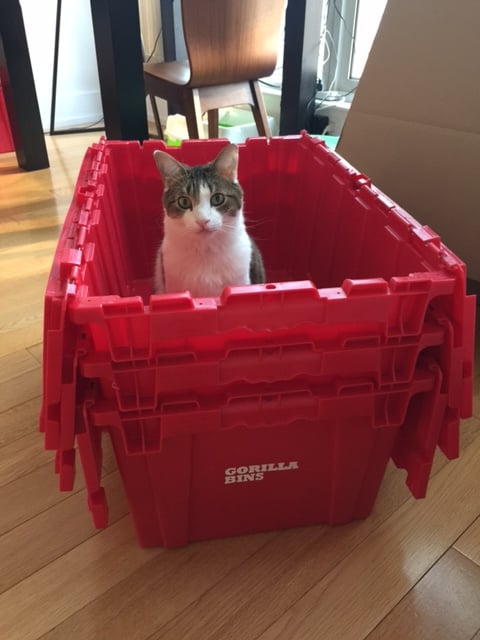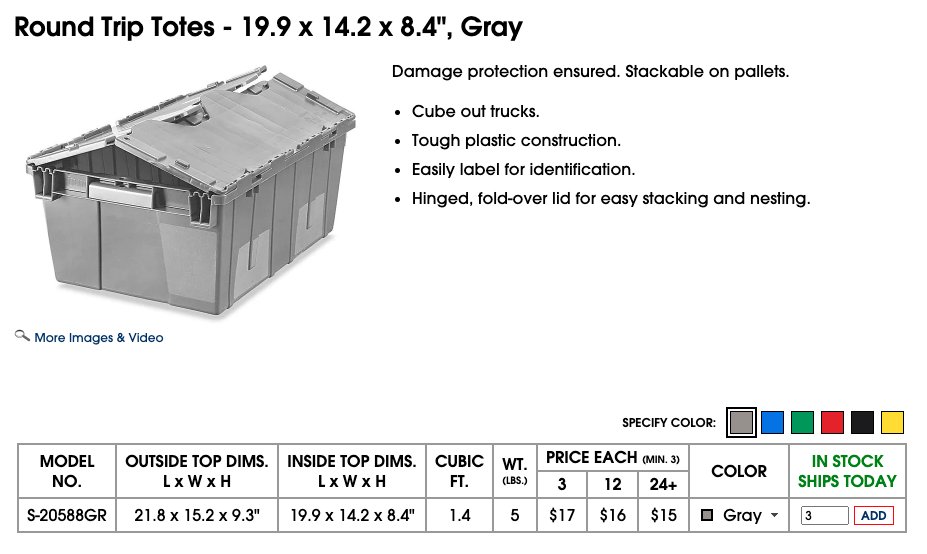We are monkeys that copy what we see. You can fight it, or use that to your advantage by surrounding yourself with people who you want to become more like.
If you wanna level up - the fastest hack is to hangout with people who are ALREADY at that level.
The beauty of twitter is that you can hang with anyone.
The problem is ppl follow the wrong accounts. It's noisy as f*ck.
Here's 27 people you should follow (and why)👇
We are monkeys that copy what we see. You can fight it, or use that to your advantage by surrounding yourself with people who you want to become more like.
@chamath - was early FB, has big balls, bet early on Bitcoin & SPACs
@rabois - kind of a dick but he's clearly smart
@balajis - this guy is from the future, and has come back in time to tell us what's going to happen
* smart
* say interesting things
* successful (not just talkers)
Plenty of people are 2 of 3.
You need ALL 3 to make the list
@awilkinson - built a $200M+ empire of internet businesses
@BrentBeshore - same as^, but non internet (unsexy) biz (eg. swimming pool repair, port-a-potty rentals)
@XavierHelgesen - he does both
@Keith_Wasserman - built a $1b+ multi-family apartment portfolio
@moseskagan - smart RE guy
@sweatystartup - buys self storage units & streamlines them
@naval - philosophy meets business
@trengriffin - business fundementals
@eugenewei - media / startup stuff
@paulg - startups
@yishan - stuff
@ballmatthew - media stuff
@morganhousel - money stuff
@wolfejosh - smart, hard tech investor, not afraid to call BS
@bgurley - one of the greats
Sadly this might be it
@woonomic - excellent bitcoin data analysis
@GoodMarketingHQ - I love the guy behind this
@nickjsheriff - app store stuff
@jayvasdigital - little business breakdowns
@Molson_Hart - random ecommerce stuff
@JoePompliano - sports+biz
@nikitabier - sold company to fb, says smart stuff wrapped in jokes
@ChrisJBakke - same
@TurnerNovak - vc w/ hilarious tiktoks
More from Shaan Puri
More from Life
Like company moats, your personal moat should be a competitive advantage that is not only durable—it should also compound over time.
Characteristics of a personal moat below:
I'm increasingly interested in the idea of "personal moats" in the context of careers.
— Erik Torenberg (@eriktorenberg) November 22, 2018
Moats should be:
- Hard to learn and hard to do (but perhaps easier for you)
- Skills that are rare and valuable
- Legible
- Compounding over time
- Unique to your own talents & interests https://t.co/bB3k1YcH5b
2/ Like a company moat, you want to build career capital while you sleep.
As Andrew Chen noted:
People talk about \u201cpassive income\u201d a lot but not about \u201cpassive social capital\u201d or \u201cpassive networking\u201d or \u201cpassive knowledge gaining\u201d but that\u2019s what you can architect if you have a thing and it grows over time without intensive constant effort to sustain it
— Andrew Chen (@andrewchen) November 22, 2018
3/ You don’t want to build a competitive advantage that is fleeting or that will get commoditized
Things that might get commoditized over time (some longer than
Things that look like moats but likely aren\u2019t or may fade:
— Erik Torenberg (@eriktorenberg) November 22, 2018
- Proprietary networks
- Being something other than one of the best at any tournament style-game
- Many "awards"
- Twitter followers or general reach without "respect"
- Anything that depends on information asymmetry https://t.co/abjxesVIh9
4/ Before the arrival of recorded music, what used to be scarce was the actual music itself — required an in-person artist.
After recorded music, the music itself became abundant and what became scarce was curation, distribution, and self space.
5/ Similarly, in careers, what used to be (more) scarce were things like ideas, money, and exclusive relationships.
In the internet economy, what has become scarce are things like specific knowledge, rare & valuable skills, and great reputations.




















